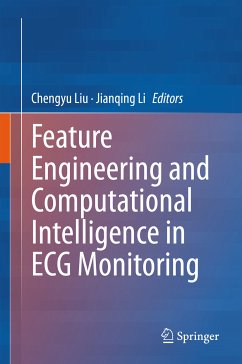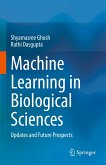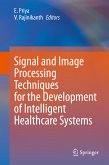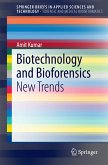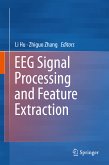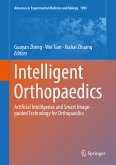This book discusses feature engineering and computational intelligence solutions for ECG monitoring, with a particular focus on how these methods can be efficiently used to address the emerging challenges of dynamic, continuous & long-term individual ECG monitoring and real-time feedback. By doing so, it provides a "snapshot" of the current research at the interface between physiological signal analysis and machine learning. It also helps clarify a number of dilemmas and encourages further investigations in this field, to explore rational applications of feature engineering and computational intelligence in ECG monitoring. The book is intended for researchers and graduate students in the field of biomedical engineering, ECG signal processing, and intelligent healthcare.
Dieser Download kann aus rechtlichen Gründen nur mit Rechnungsadresse in A, B, BG, CY, CZ, D, DK, EW, E, FIN, F, GR, HR, H, IRL, I, LT, L, LR, M, NL, PL, P, R, S, SLO, SK ausgeliefert werden.

